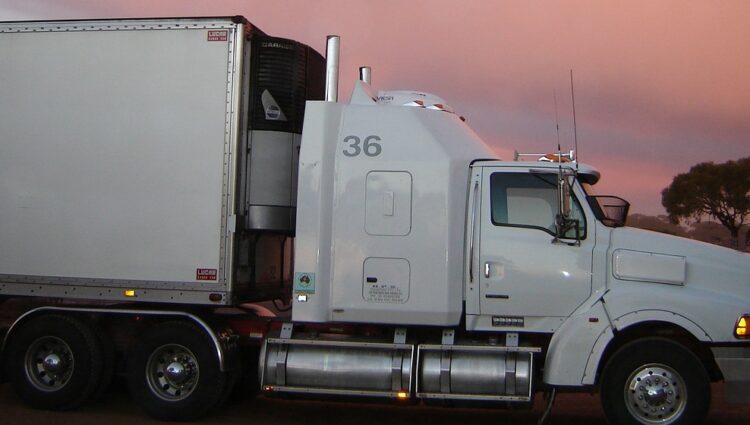FTL trucking proves to be beneficial in many different ways when you are planning to ship your cargo.
Important Aspects of FTL Trucking
FTL Trucking and Maximum Weight
In FTL trucking, any dry van trailer is able to haul as much as 44,000 pounds. Additionally, you need to keep note of the fact that the capacity of a full truckload is not decided only by its highest weight capacity, but also the interior space availability.
For instance, if there is a van trailer of 53 feet, then its interior space is about 3817 cubic feet.
FTL Trucking and Total Pallets
Another aspect you need to look into will be the total number of pallets a full truckload is able to carry and generally, it is possible to haul about 25 standard pallets.
You also need to be aware of the fact that any standard pallet has a 48 x 40 dimension and they have different shapes. As such, the number of pallets that can be carried in FTL trucking usually varies from one shipment to another and also depends upon volume as well as weight.
Benefits of FTL Trucking
Lesser Damage
When you opt for FTL trucking, you have the assurance that there will be lesser damage to your shipment. In LTL trucking there are situations where the cargo is to be divided, consolidated, or de-consolidated with the rest of the cargo in the carrier.
Such activity can result in more damage to your cargo and increases the time you have to spend on resolving insurance claims. You will not have to bear such headaches when you opt for FTL trucking.





